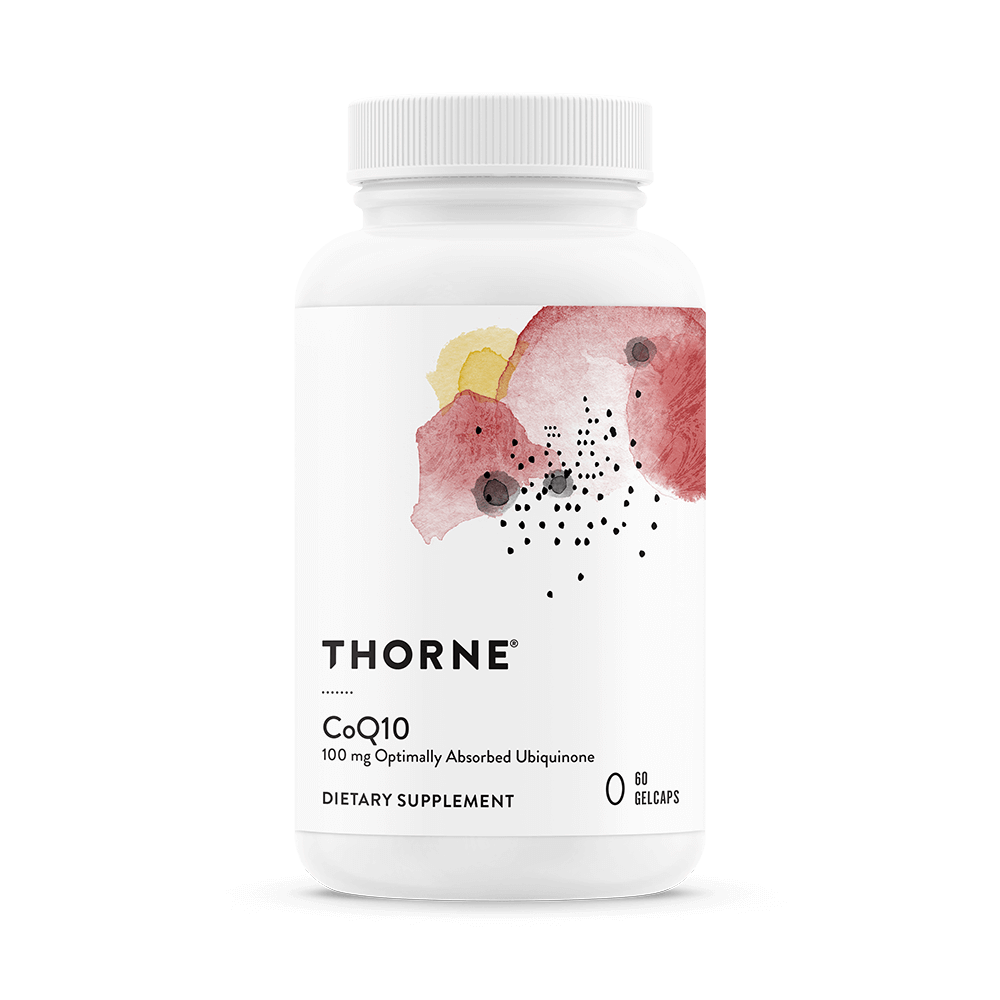In recent years, a field called nutrigenomics has been gaining attention for its incredible potential to help us live longer, healthier lives. But what exactly is nutrigenomics, and why is it so important? In simple terms, nutrigenomics studies how the food we eat affects our genes and how this, in turn, impacts our overall health. For those new to these terms, don’t worry—we will break everything down in a way that’s easy to understand.
Let’s Start with the Basics: What Are Genes?
Think of your body as a large machine with millions of tiny parts. To keep this machine running smoothly, your body relies on instructions. These instructions are called genes, and they are stored in almost every cell of your body. Genes tell your cells how to function—how to grow, how to repair themselves, and how to respond to the environment. For example, some genes help your body digest food, while others might help your immune system fight off viruses.
Now, here’s where it gets interesting: the food you eat can actually change the way your genes behave. This is where nutrigenomics comes in.
What Is Nutrigenomics?
Nutrigenomics is the study of how food and the nutrients in it affect your genes. Think of it like this: your genes are like light switches. They can be turned on or off, depending on different factors—one of the most important factors being what you eat. Nutrients in food can act like the person who flips the switches, turning on genes that help your body stay healthy or turning off genes that may lead to disease.
This means that by eating the right foods, you can influence your genes to work in a way that promotes health, slows down aging, and reduces the risk of diseases like cancer, heart disease, and Alzheimer's. Pretty powerful stuff.
Breaking It Down: What Are Nutrients and Compounds?
To understand how nutrigenomics works, we need to define two key terms: nutrients and compounds.
- Nutrients: These are the vitamins, minerals, proteins, fats, and carbohydrates that our body needs to function. For example, vitamin C is a nutrient found in oranges, and it helps keep your immune system strong.
- Compounds: In addition to nutrients, food contains various compounds—chemical substances found naturally in plants and other foods that can have health benefits. For instance, sulforaphane is a compound found in broccoli that helps protect your cells from damage.
In nutrigenomics, both nutrients and compounds from food interact with your genes, influencing how your body functions. Some nutrients turn on genes that help repair cells or reduce inflammation, while others turn off genes that might contribute to aging or disease.
How Nutrigenomics Affects Longevity
One of the most exciting aspects of nutrigenomics is its potential to improve longevity, which is the ability to live a longer and healthier life. While we can't change the genetic code we’re born with, we can change the way our genes are expressed (or activated) by making smarter choices about what we eat.
Dr. Rhonda Patrick, an expert in the field of biohacking and longevity, has been a key voice in explaining how personalized nutrition can optimize gene expression for better health outcomes. She focuses on how specific nutrients can improve cellular health, reduce the risk of age-related diseases, and ultimately increase both lifespan (how long we live) and healthspan (how long we live without disease or disability).
Here are some ways that nutrigenomics promotes longevity:
- Reducing Inflammation: Chronic inflammation is like a slow-burning fire inside the body. Over time, it can damage tissues and organs, contributing to diseases like heart disease, cancer, and Alzheimer's. Nutrigenomics shows that certain foods—especially those rich in omega-3 fatty acids, antioxidants, and plant compounds—can reduce inflammation at the genetic level, helping us age more gracefully.
- Boosting Detoxification: Every day, our bodies are exposed to toxins from the environment, food, and even the air we breathe. Our genes help produce proteins that detoxify and eliminate these harmful substances. Nutrigenomics reveals that certain compounds in foods, like sulforaphane from broccoli sprouts, can activate genes that enhance this detoxification process, helping the body stay clean and healthy.
- Supporting Mitochondrial Function: Mitochondria are the "power plants" of our cells—they provide the energy that keeps everything running. As we age, our mitochondria can become less efficient, leading to fatigue and cell damage. Nutrigenomics shows that certain nutrients, like CoQ10 and resveratrol, can support mitochondrial health by influencing the genes responsible for energy production, slowing down the aging process.
- Promoting Cellular Repair: Our cells are constantly being damaged by things like UV rays, pollution, and even normal wear and tear. Fortunately, our bodies have a process called autophagy, which cleans out damaged cells and allows new, healthy cells to grow. Nutrigenomics highlights how certain dietary strategies, like intermittent fasting, can turn on genes that activate autophagy, promoting cellular repair and regeneration.
Key Nutrients and Their Impact on Gene Expression
Now that we understand how nutrigenomics works, let’s look at some of the most important nutrients and compounds that can influence gene expression and promote longevity:
Sulforaphane (Found in Broccoli Sprouts)
Sulforaphane is a powerful compound found in broccoli and other cruciferous vegetables. It helps activate a gene called Nrf2, which protects cells from oxidative stress (damage caused by harmful molecules called free radicals). This protection helps reduce inflammation, detoxify harmful substances, and protect against diseases like cancer.
Omega-3 Fatty Acids (Found in Fish, Flaxseeds, and Walnuts)
Omega-3 fatty acids are healthy fats that reduce inflammation and improve brain health. They can influence genes responsible for regulating inflammation, helping to lower the risk of chronic diseases like heart disease and Alzheimer's. Foods rich in omega-3s include salmon, chia seeds, and walnuts.
Polyphenols (Found in Berries, Green Tea, and Dark Chocolate)
Polyphenols are antioxidant compounds found in plant-based foods. They help reduce oxidative stress and inflammation by activating genes that enhance the body's natural antioxidant defenses. Polyphenols are found in foods like berries, green tea, and dark chocolate.
Vitamin D (Found in Sunlight, Fish, and Fortified Foods)
Vitamin D is essential for bone health, immune function, and reducing inflammation. It influences the expression of hundreds of genes in the body, helping to prevent chronic diseases. You can get vitamin D from sunlight, fatty fish like salmon, and fortified foods like milk.
Fasting and Time-Restricted Eating
Although not a nutrient, fasting has a significant impact on gene expression. By giving your body a break from constantly digesting food, fasting activates genes that promote autophagy, the process of cleaning out damaged cells. This helps slow down the aging process and promotes cellular health.
How to Apply Nutrigenomics to Your Life
Even if you’re new to these concepts, there are simple ways to apply nutrigenomics in your daily life to support better health and longevity:
- Eat a Diverse Diet Rich in Whole Foods: Make sure to include a variety of fruits, vegetables, whole grains, and healthy fats in your diet. This will provide your body with a wide range of nutrients and compounds that can positively influence gene expression.
- Focus on Functional Foods: Include foods that have been shown to interact with genes in a beneficial way, such as cruciferous vegetables (broccoli, cauliflower), fatty fish (salmon, mackerel), and antioxidant-rich foods (berries, green tea).
- Try Intermittent Fasting: Giving your body a break from eating for certain periods of time can activate genes that promote cellular repair. Start with a 12-hour fasting window (for example, between dinner and breakfast) and see how your body responds.
- Stay Informed: The field of nutrigenomics is evolving quickly, with new research emerging all the time. Follow experts like Dr. Rhonda Patrick to stay up-to-date on the latest findings and how they can benefit your health.
Conclusion: The Future of Personalized Nutrition
Nutrigenomics offers a fascinating glimpse into how the food we eat can influence our health at the genetic level. By making smarter dietary choices, we can improve the way our genes function, promoting longer and healthier lives. Although this field is still developing, the potential for personalized nutrition based on our unique genetic makeup is becoming more promising every day.
Remember, the choices you make about your diet aren’t just about fueling your body for the day—they’re about shaping your health for the future. So, as you sit down for your next meal, consider the powerful impact your food could have on your genes and your longevity!
—--
Dr. Rhonda Patrick’s groundbreaking work in nutrigenomics and longevity has been a major influence on the ideas explored in this article. Her research and insights have made complex scientific concepts accessible and actionable, showing us how we can optimize our health through the food we eat. By focusing on the science behind gene expression and nutrition, Rhonda provides a practical approach to living a longer, healthier life—an approach anyone can follow. If you want to dive deeper into nutrigenomics, personalized health, and longevity, you can find Dr. Rhonda Patrick online at her website, FoundMyFitness.com, or follow her on her YouTube channel, social media platforms, and podcast for more expert knowledge and health tips.




